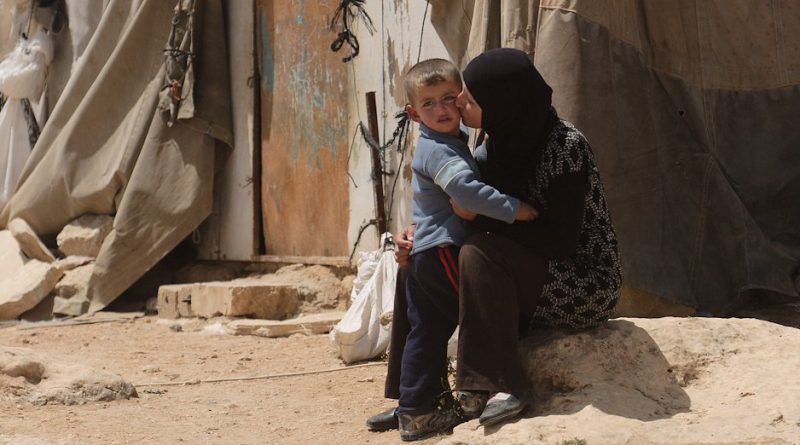Now Reading: SC rejects abortion plea of child rape victim
-
01
SC rejects abortion plea of child rape victim
SC rejects abortion plea of child rape victim
Supreme Court on Friday has refused to allow an abortion for a 10-year-old girl, allegedly raped by her uncle, on the grounds that she is too far into her pregnancy.
A doctors’ panel told the court that, at 32 weeks, termination of the pregnancy would be “too risky”.
The pregnancy was only discovered recently after her parents took her to hospital complaining of stomach pain. The parents then approached the courts to allow an abortion.
The apex court, however, asked the doctors at the government hospital in Chandigarh to give the girl the best treatment.
Earlier on July 18, lower court had turned down her plea on similar safety fears. The family challenged the ruling at the Supreme Court. On Monday, the Supreme Court had ordered doctors to evaluate whether the girl could undergo abortion safely.
SC ruled today that termination was “not good for the girl”, without disclosing the details of the medical report. The court has also suggested that the Indian government set up a permanent medical board in each state to take prompt decisions in such cases.
The court order came after lawyer Alakh Alok Srivastava filed a public interest petition saying doctors who had already examined the girl found her pelvic bones had not fully developed because of her age and the life of both mother and baby were at “very serious risk”.
“Medical experts have categorically opined that if the 10-year-old is forced to give birth, either through normal delivery or even through caesarean-section, it may be fatal to the life of the rape survivor as well as to her child,” the petition said.
The girl belongs to an extremely poor family, her father is a government employee and mother works as a domestic helper. The girl alleges she was raped several times in the past seven months by her uncle, who has been arrested.
Termination of pregnancy beyond the 20 weeks period is an offence in India, punishable with punishment ranging from three to seven years unless there is a threat to the mother’s life.
The tough law against abortion was introduced in 1971 to prevent illegal and unsafe abortions and curb maternal mortality.
India has a grim record of sexual assaults on minors with 20,000 cases of rape or sexual assaults reported in 2015, according to government data.
In recent years, Indian courts have received several petitions, many from child rape survivors, seeking to terminate pregnancies after 20 weeks, the BBC’s Geeta Pandey in Delhi says. In most such cases, the pregnancy is not even discovered until after the 20-week period is over because the children are themselves unaware of their condition. Medical experts say girls can start menstruating and ovulating at nine, but their bodies are not mature enough for pregnancy at that age.








